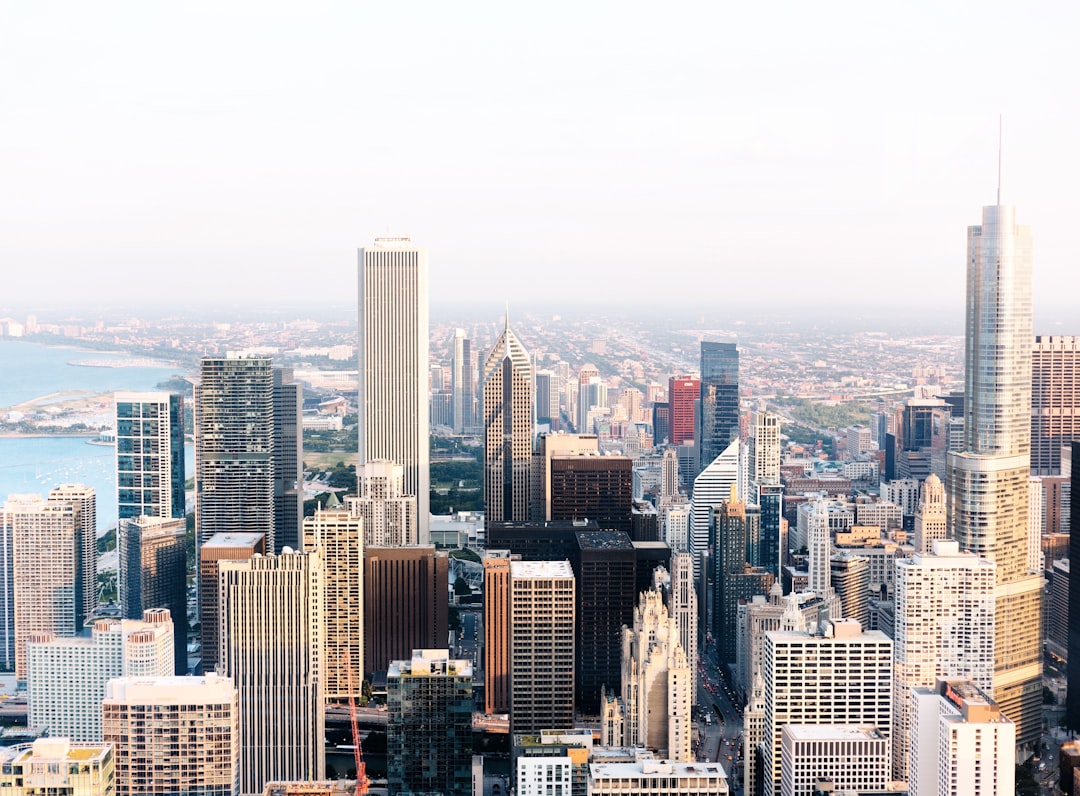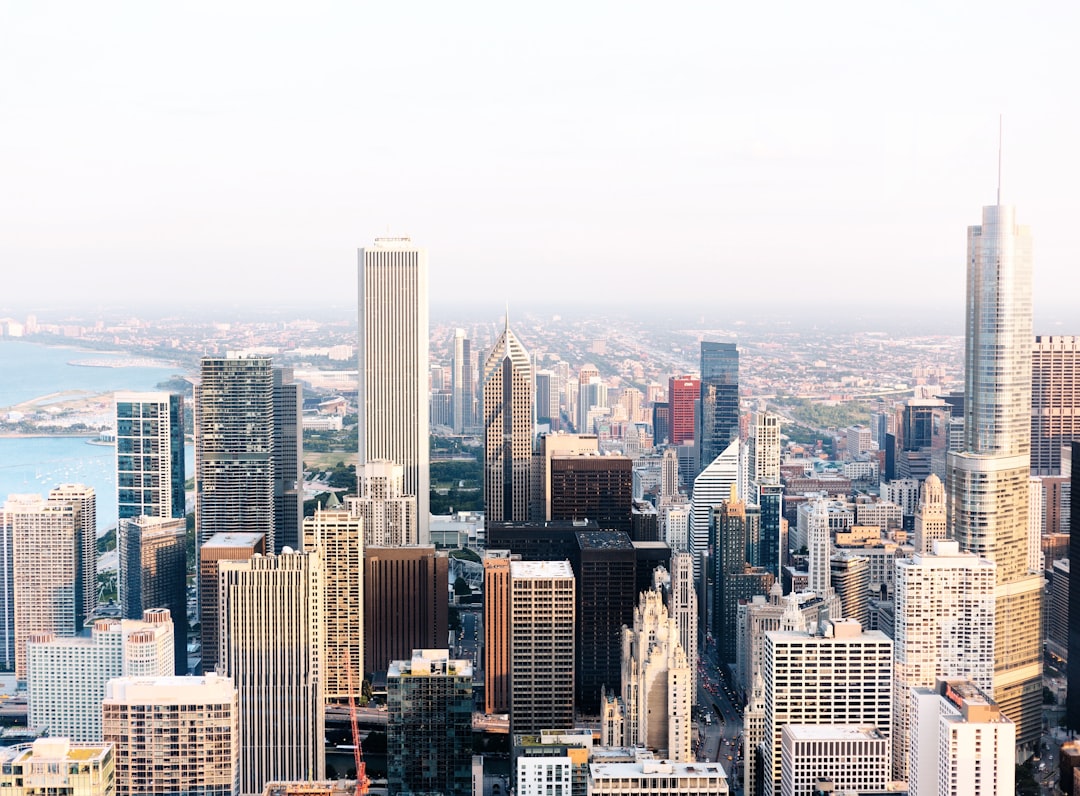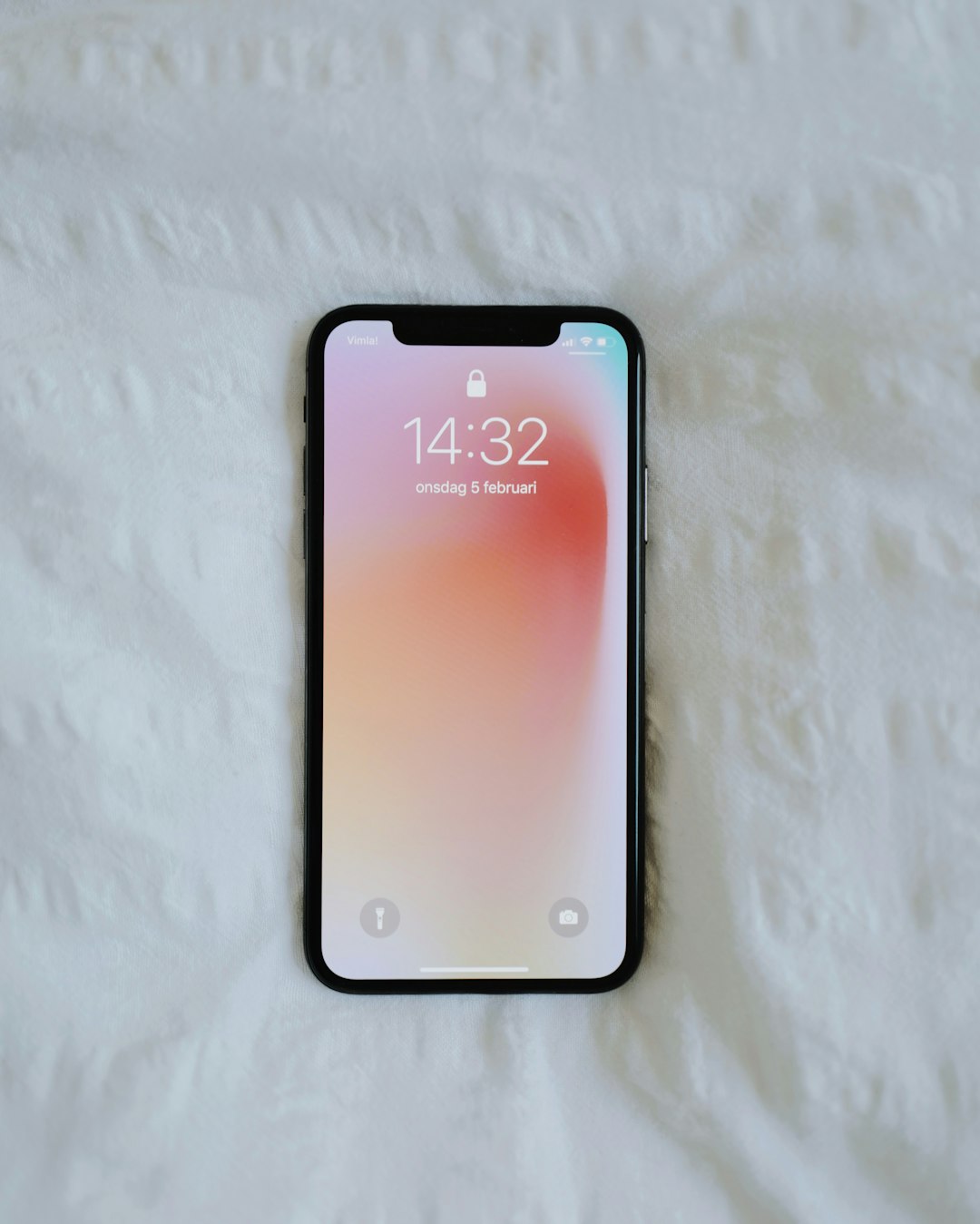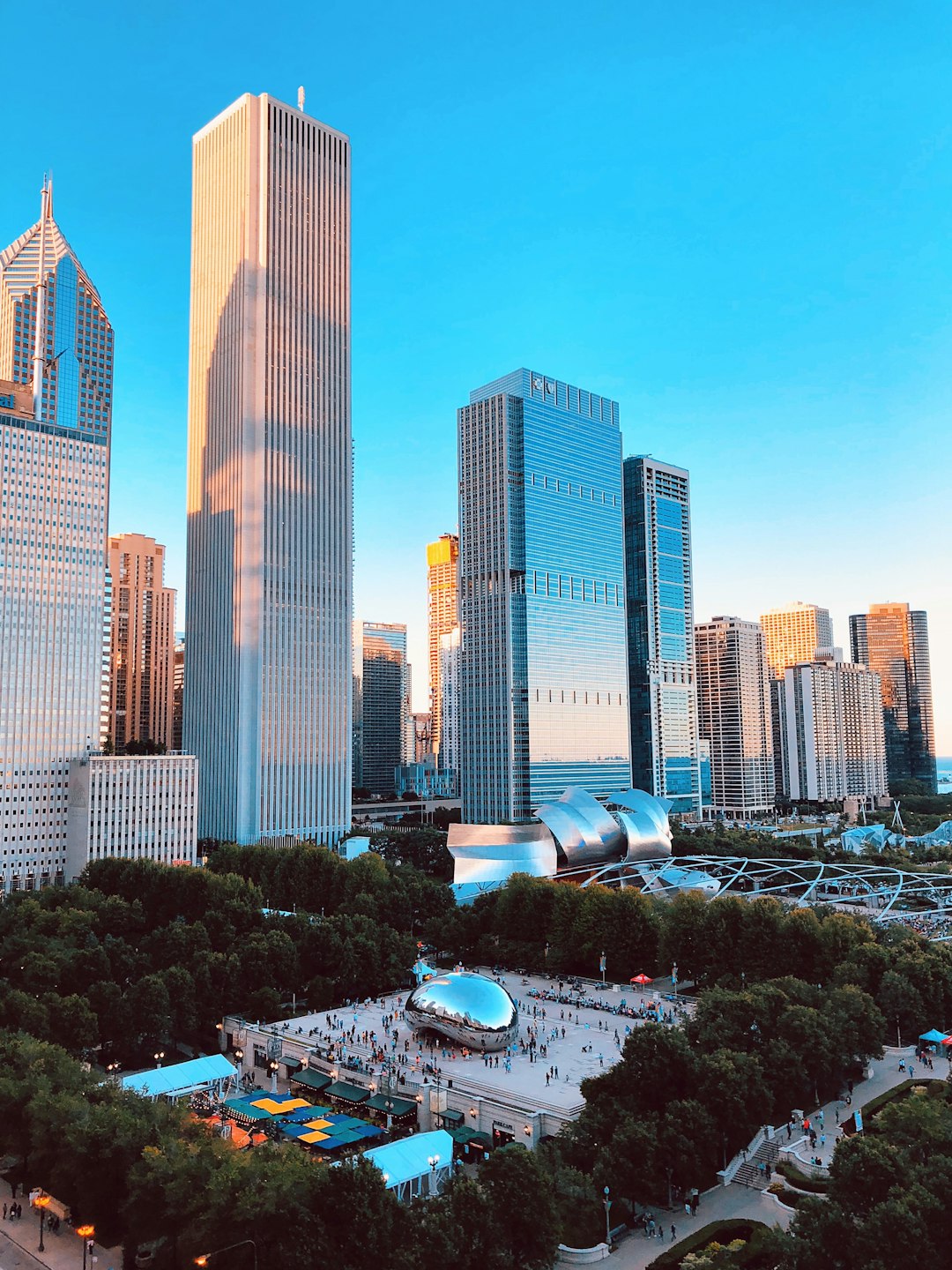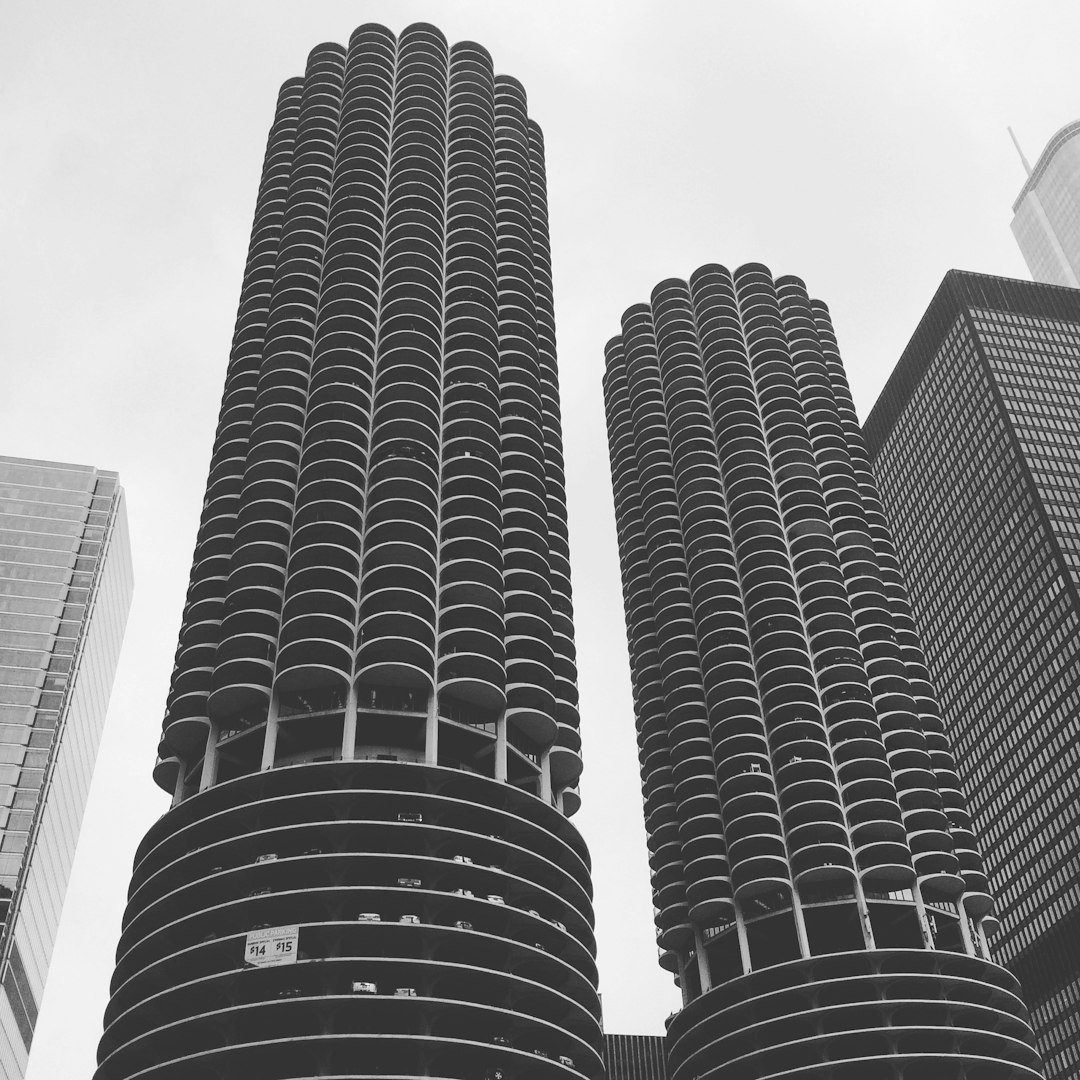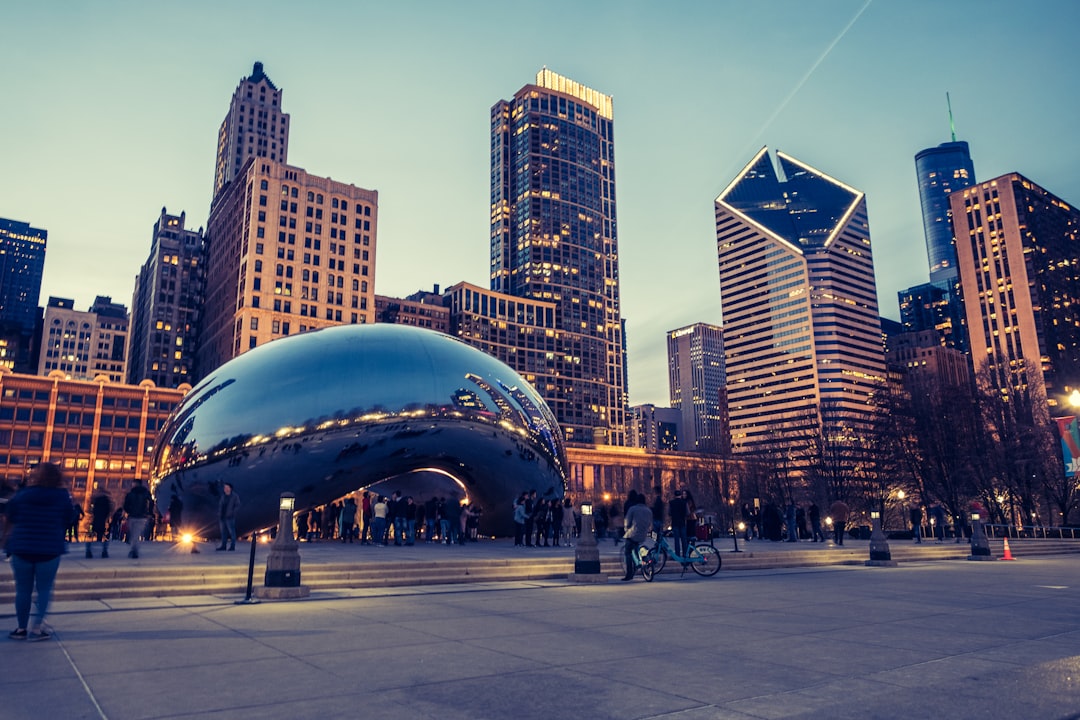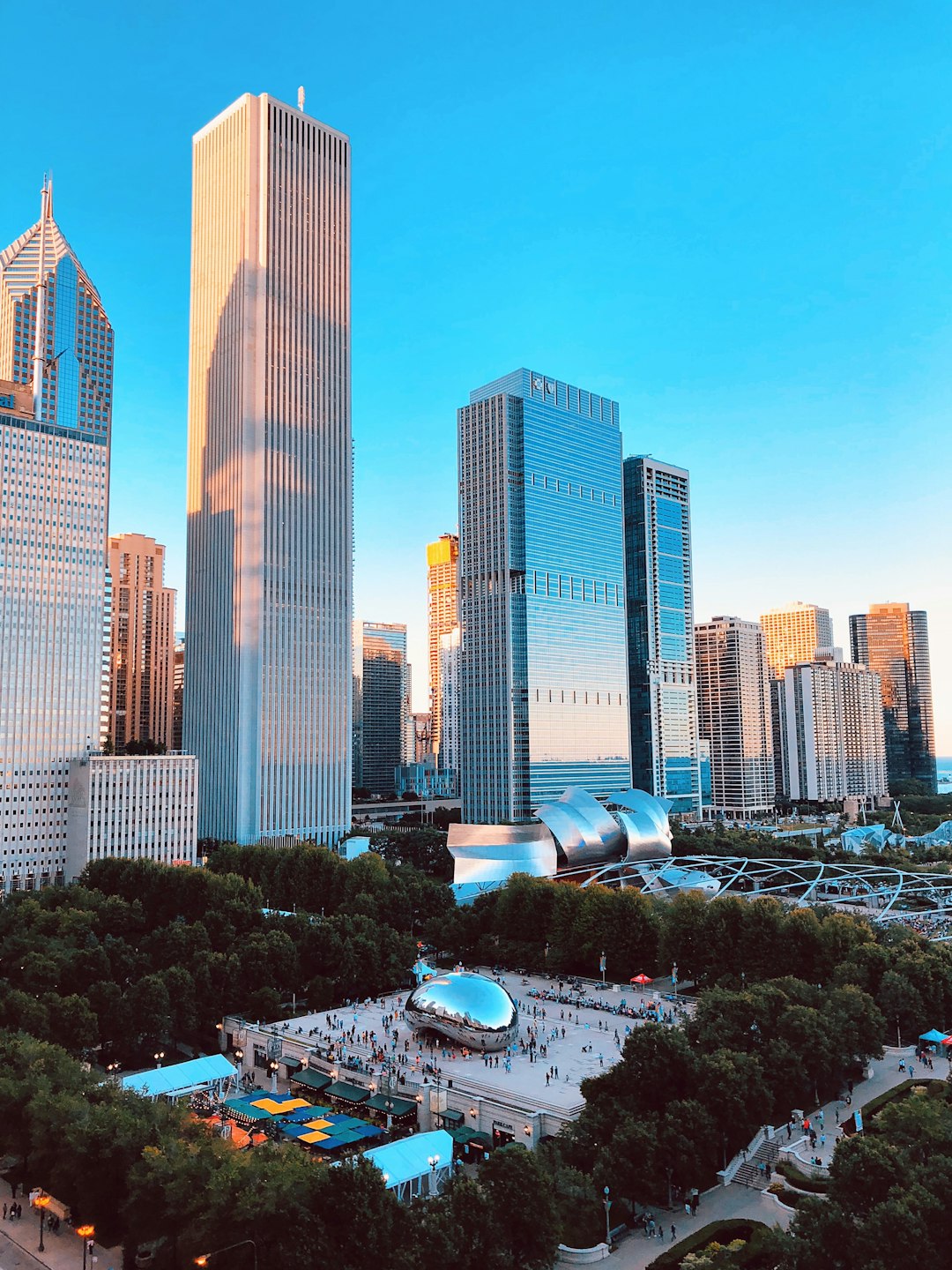In Chicago's thriving gig economy, automated robocalls have become a growing concern, disrupting workers' flexibility and privacy. Many residents are seeking legal advice from Robocall Lawyer Chicago, Attorneys, or Law Firms to understand their rights under federal and state laws like the TCPA. The demand for these services highlights the need for stronger protections against intrusive robocalls, with professionals offering guidance on identifying, reporting, and combating such calls to safeguard workers' rights.
In today’s digital age, the gig economy thrives in Chicago, but it faces a growing menace: robocalls. These automated calls disrupt workers’ lives and impact their livelihoods. This article delves into the pervasive issue of robocalls within Chicago’s gig economy, exploring legal protections and strategies for workers to defend against them. Understanding the landscape with a robocall lawyer Chicago becomes crucial for those seeking justice and relief from this modern-day pest. Learn how robocall attorneys Chicago can guide you through navigating these calls and their legal implications.
Understanding Robocalls and Their Prevalence in Chicago's Gig Economy
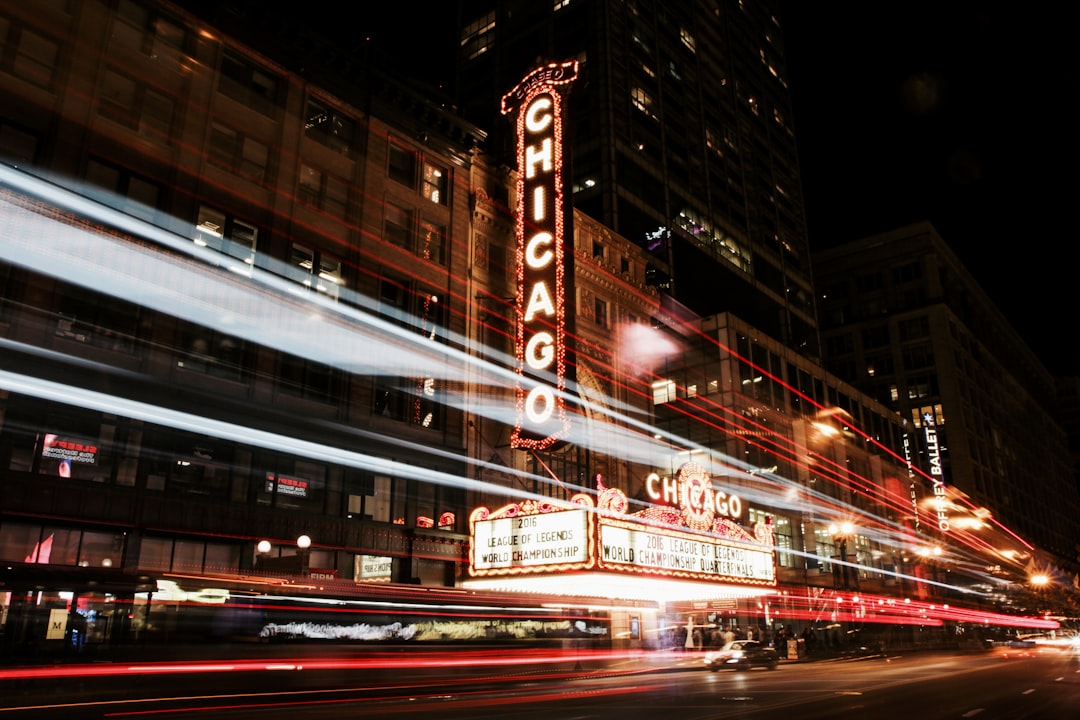
In today’s digital era, robocalls have become a ubiquitous part of daily life in Chicago, as they are across the nation. These automated phone calls, often used for marketing or debt collection purposes, can be particularly intrusive and disruptive for individuals engaged in Chicago’s gig economy—freelancers, contractors, and part-time workers who rely on their mobility and immediate responsiveness to secure job opportunities. With the rise of remote work and digital marketplaces, Chicago’s gig workforce is more accessible than ever, making them prime targets for robocallers.
Chicago’s bustling gig economy, characterized by its diverse sectors ranging from food delivery and ride-sharing to freelance services, has seen a surge in robocalls targeting these workers. These calls often violate privacy rights and can lead to legal repercussions for businesses and organizations engaging in such practices. As the use of robocalls continues to evolve, so does the need for robust legal protections. Many residents are turning to robocall lawyers Chicago, robocall attorneys Chicago, or reputable robocall law firms Chicago to understand their rights and navigate potential legal actions against intrusive call campaigns.
The Legal Landscape: Robocall Laws and Protections for Gig Workers
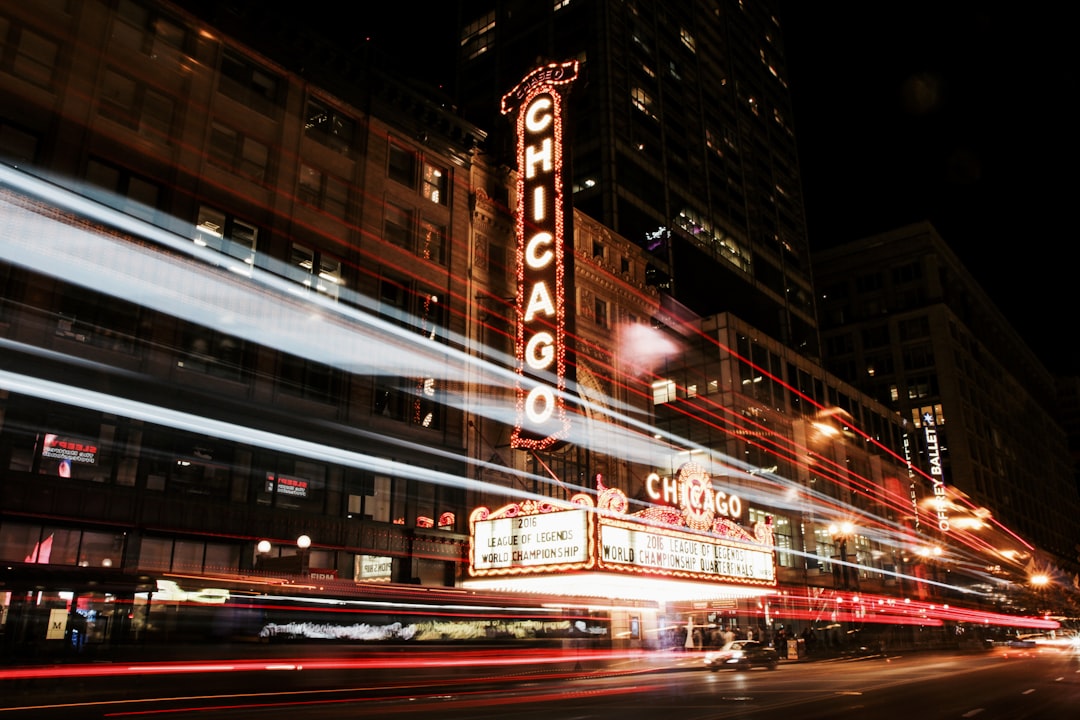
In Chicago, as in many parts of the country, the rise of automated robocalls has significantly impacted the gig economy. While these calls can be a nuisance for anyone, they pose unique challenges for gig workers who rely on their phones as a primary means of communication with clients and customers. The legal landscape surrounding robocalls is complex, with various federal and state laws in place to protect consumers from unwanted and fraudulent calls.
Gig workers in Chicago may turn to a robocall lawyer or robocall attorney for guidance and representation if they believe their rights have been violated. Robocall law firms in Chicago specializing in this area can help navigate the legal complexities, offering services ranging from advising on compliance with relevant laws like the Telephone Consumer Protection Act (TCPA) to taking legal action against violators. These experts ensure that gig workers are protected and that they receive fair compensation for any harm caused by unauthorized or misleading robocalls.
Strategies for Gig Economy Workers to Combat and Respond to Robocalls
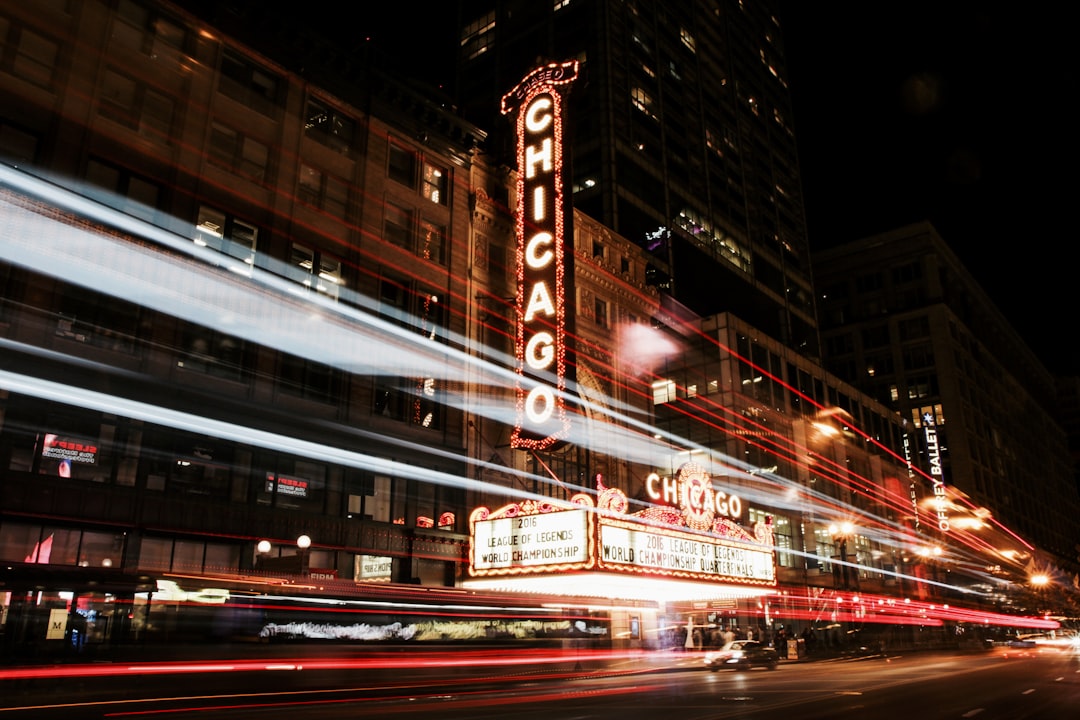
Gig economy workers in Chicago face a unique challenge with the rise of robocalls. These automated calls can disrupt work routines and potentially lead to financial losses, especially when they resemble sales pitches or fraudulent activities. To combat this issue, several strategies can be employed. Firstly, staying informed about current robocall trends and laws is essential. Engaging with local robocall lawyer Chicago firms or expert robocall attorneys Chicago who specialize in these cases can provide valuable insights on identifying and reporting these calls effectively.
Additionally, implementing robust call screening methods at the personal level is crucial. Using call blocking apps or setting specific times when your phone is set to silent can help minimize interruptions. Workers should also educate themselves on how to recognize robocalls and report them to relevant authorities, contributing to a collective effort to reduce their impact on Chicago’s gig economy. Engaging with legal experts in this field ensures that workers have the knowledge and tools to protect their rights and maintain a safe working environment.
